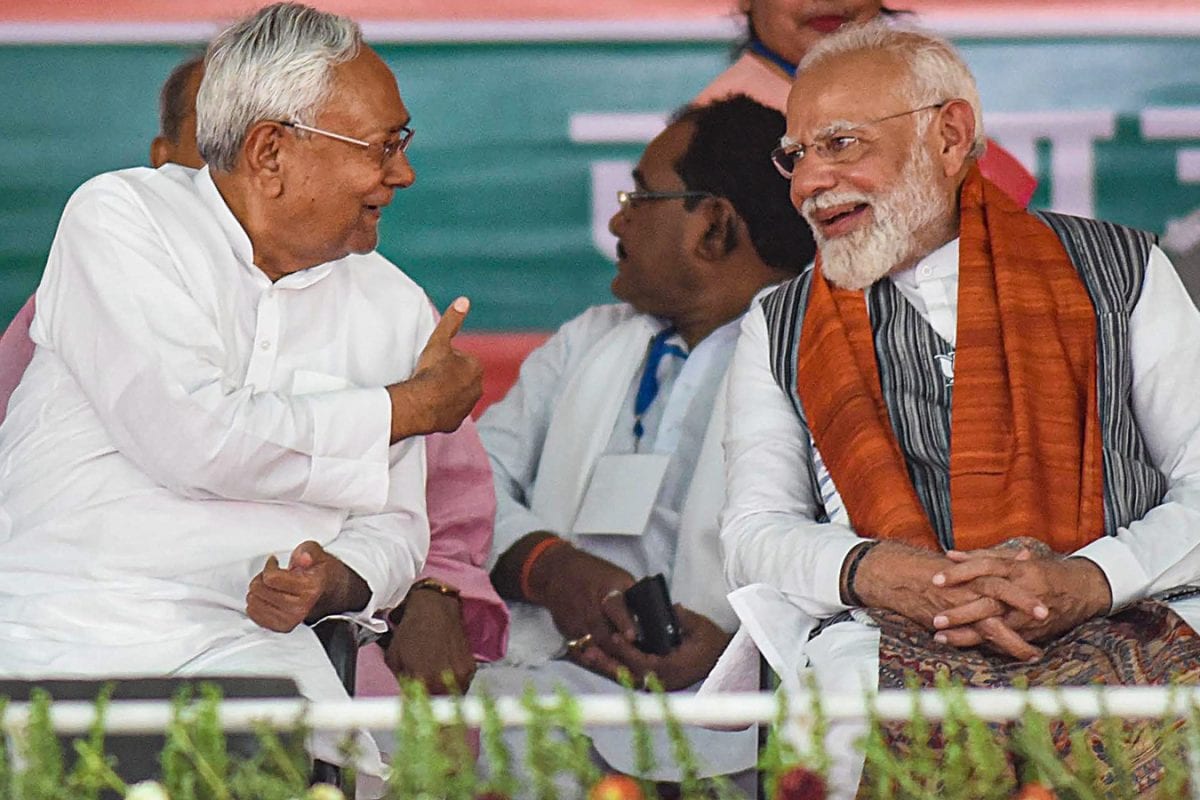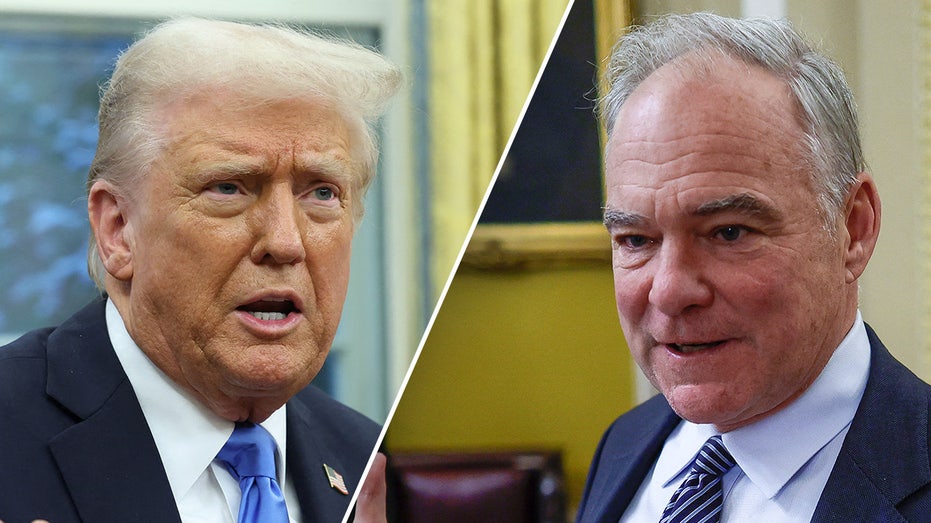
The Bihar chief minister, a seasoned political strategist, succeeded in convincing the BJP about the political sensitivity connected...
Read More JD(U)’s consent to the proposed form of Waqf Bill has now made it amply clear that Bihar Chief Minister Nitish Kumar has carefully navigated a contentious political issue ahead of the assembly elections in the state. Kumar wisely balanced his Muslim vote base while upholding coalition responsibility. Instead of outrightly opposing the Bill, the party took a nuanced stance by pushing it for the JPC and also expressing concerns over its retrospective impact.

This calculated approach ensures it retains its own Muslim support while preventing any probable shift toward the RJD. And, he did it all without jeopardising its alliance dynamics. Speaking to News18, a senior JD(U) leader said: “The first step Nitish Kumar took was convincing the BJP’s central leadership to agree on the JPC.
Sending a Bill to the JPC immediately implies that the government is open for scrutiny. The JPC included members from all political parties, so the onus is on everyone. Nitish-ji also instructed our MPs to be vocal about the retrospective effect and the government agreed on that.
" The leader, close to Kumar, added: “Nitish-ji has always remained committed to his values of socialism and secularism. He is in favour of protecting the minority. Has anyone heard of any communal riots in Bihar post 2005? He has made sure that peace stays here.
" JDU’s Sharp Manoeuvring Kumar’s primary concern was not the potential loss of Muslim votes but the risk of those votes migrating to the RJD, his main political rival. Rajeev Ranjan Prasad, JD(U)’s national spokesperson, said in a statement: “A delegation of important and influential Muslim leaders met Nitish Kumar-ji and expressed their concern over the Waqf Bill . He instructed our MP Dileswar Kamait, who was a member of the JPC, to raise these issues.
And he did so. We believe that Nitish-ji’s suggestion would be taken. In the case of Bihar, Nitish-ji has also been fair to the minority community.
We never witnessed any riot or curfew in the state." The Bill, that is scheduled to be tabled on Wednesday, seeks to bring reforms to the management of Waqf properties. However, it has stirred a debate due to its retrospective provisions.
Even though many political parties, including JD(U), acknowledge the need for reform, the retrospective aspect raised concerns, especially in a state like Bihar, where religious sensitivities play a significant role in electoral outcomes. Kumar, a seasoned political strategist, succeeded in convincing the BJP about the political sensitivity connected with the issue, especially in an election year. The chief minister has long been maintaining a delicate balance of appealing to various social and religious groups.
However, his caution over the retrospective clauses of the upcoming Waqf Bill stemmed from the number crunching at play. His primary concern was not about losing the Muslim vote per se, as he has cultivated a reputation of supporting minority rights over the years. The real worry was about a potential shift of Muslim votes from JD(U) to RJD, which could weaken his position in the upcoming elections.
Numbers Tell The Tale Going by the census and government data, only one district in Bihar—Kishanganj—is Muslim‐majority. This district contributes roughly three assembly constituencies (Kishanganj, Thakurganj, and Bahadurganj) where Muslims form more than 50 per cent of the electorate. However, from a political perspective, that is not all.
Muslims in Bihar are an influential voter base and can swing elections. As political analysts speak of “Muslim‐dominated" seats in Bihar, they often refer to the larger Seemanchal region—which includes parts of Purnia, Katihar, Araria, in addition to Kishanganj. In this entire region, which accounts for around 24-25 assembly seats, Muslims typically form a decisive vote bank (averaging around 40–47 per cent of the population) so that even when they aren’t an outright majority, their votes are critical in determining the electoral outcome.
According to a report by ADRI (Asian Development Research Institute) on the demography and social conditions of marginal communities across Seemanchal, published in 2024, the Muslim community rose higher than before in terms of percentage. The report—Social-Economic Status of Marginalised Communities In The Seemanchal Region— stated that around 60.66 per cent of households were Muslim, and 39.
34 per cent were Hindus in the region. Of Muslims, around 43.32 per cent of Muslim households belonged to Extreme Backward Classes (EBCs), while 24.
92 per cent of Hindu households were EBCs. This report presents a crucial scenario of the region and the challenges. Thus, Kumar’s nuanced position on the Waqf Bill is a tactical move aimed at securing his political turf in the face of Bihar’s complex caste and religious dynamics.
.















